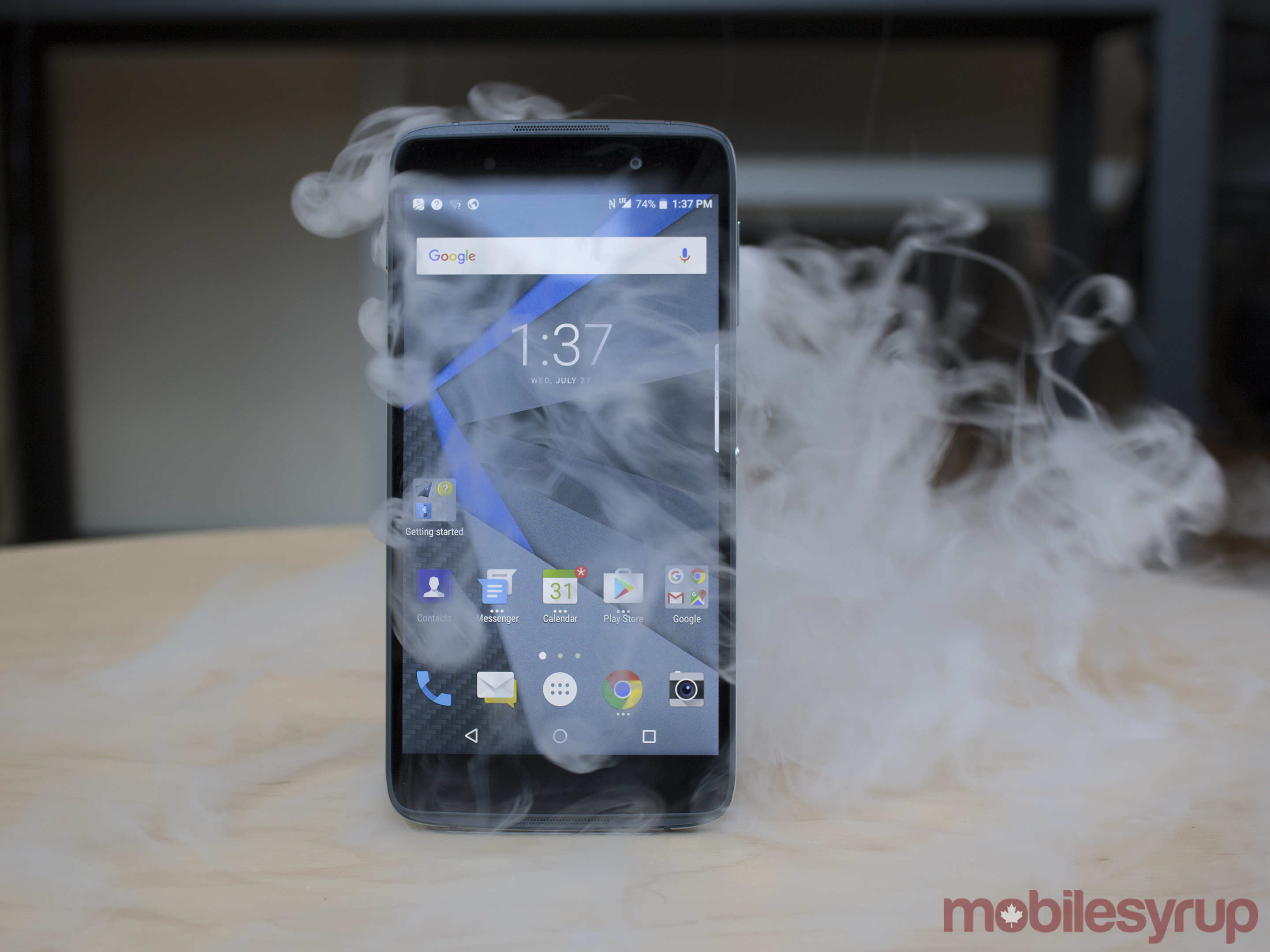
In what might mark a turning point for Canada’s most historic tech company, BlackBerry has launched a legal offensive against U.S.-based telecommunications firm Avaya.
In an 105-page court document obtained by IAM, a publication that writes about intellectual property, BlackBerry claims Avaya is infringing upon eight of its U.S. patents, including one that describes a method for generating a public cryptographic key, as well as another one that relates to speech decoding and compression.
The patents in question have a variety of original filing dates, with some dating as far back as 1998.
BlackBerry says it notified Avaya of the alleged infringing in a letter dated to December 17, 2015, indicating that the two parties likely started negotiating a licensing deal, but that talks broke down.
The company appears to be going after some of Avaya’s most important products, including its bread and butter teleconferencing apps.
Representing BlackBerry in its case is Quinn Emanuel, the same lawyer who at one point defended Samsung in its prolific patent case against Apple. According to Ars Technica‘s Joe Mullin, Emanuel has represented Google in the past as well.
“BlackBerry revolutionized the mobile industry,” claim the company’s lawyers, adding, “BlackBerry… has invented a broad array of new technologies that cover everything from enhanced security and cryptographic techniques, to mobile device user interfaces, to communication servers, and many other areas.”
While it’s still surprising to see BlackBerry turn to litigation to boost its bottom line, the company said in the past it planned to go down this route.
“We have today about 44,000 patents. The good thing about this is that we also have one of the youngest patent portfolios in the entire industry, so monetization of our patents is an important aspect of our turnaround,” said BlackBerry CEO John Chen during the company’s 2015 Innovation Summit in Waterloo.
More recently, during the company’s Q1 2017 earning call, in which BlackBerry reported a $670-million net loss, Chen said, “Many people have wanted to buy the patents … But I’m not really in a patent-selling mode, I’m in a patent licensing mode.”
More than a year ago, BlackBerry reached a cross-licensing agreement with Cisco where the latter agreed to pay a licensing fee to the Waterloo-based company.
[source]IAM Blog[/source][via]Ars Technica[/via]
MobileSyrup may earn a commission from purchases made via our links, which helps fund the journalism we provide free on our website. These links do not influence our editorial content. Support us here.


